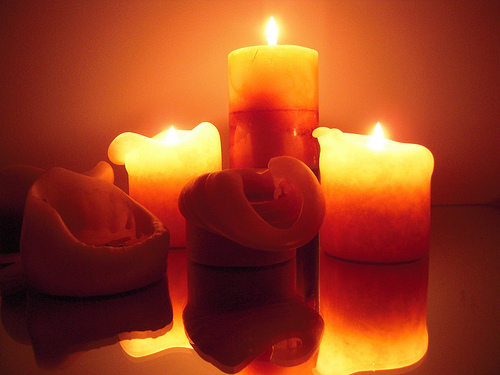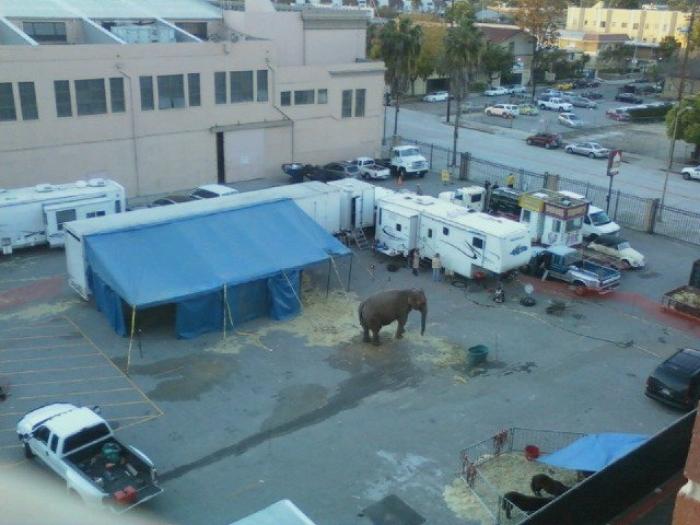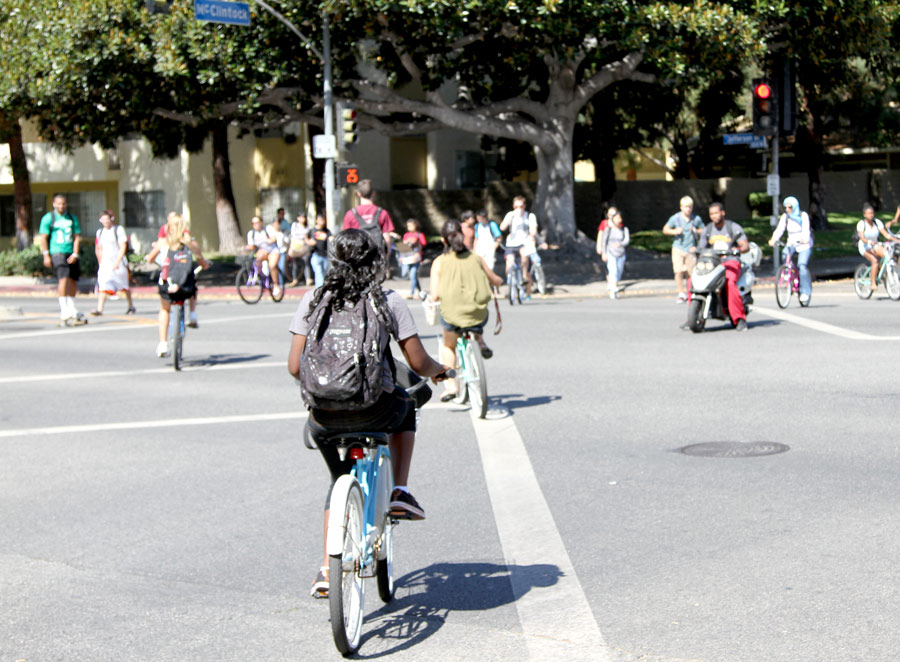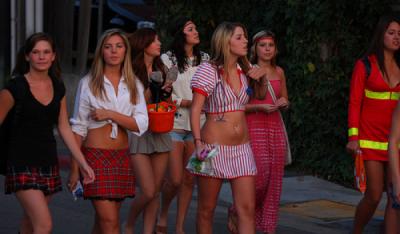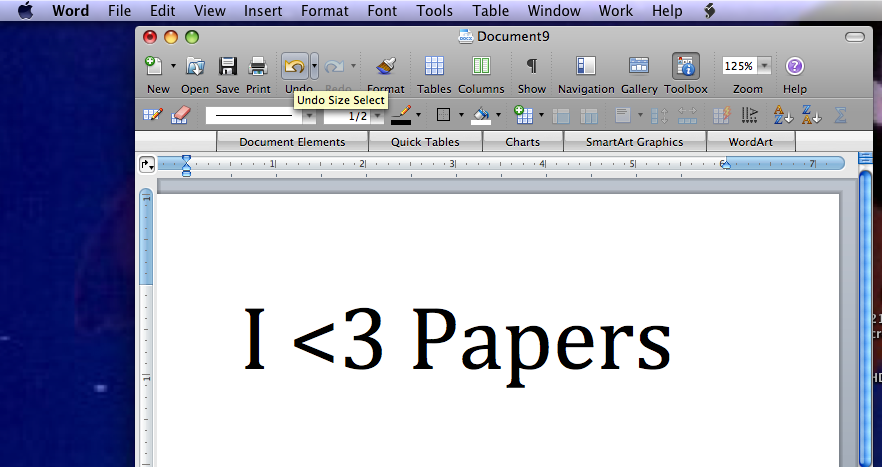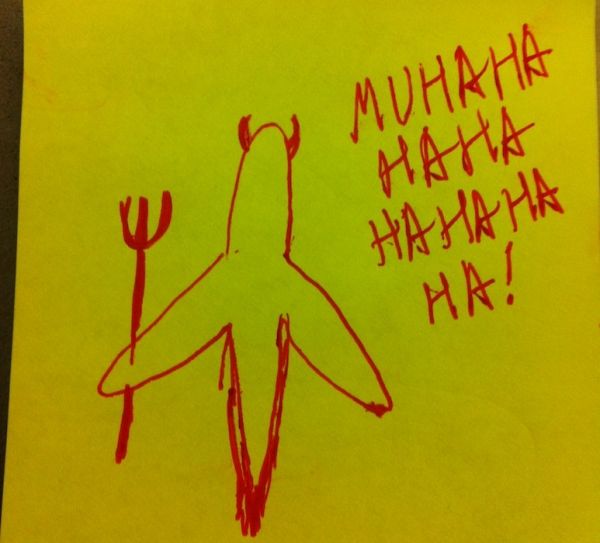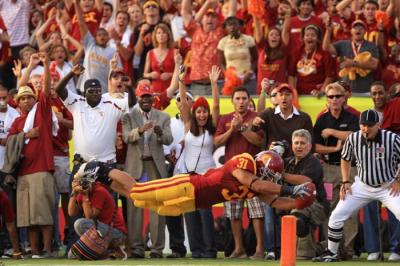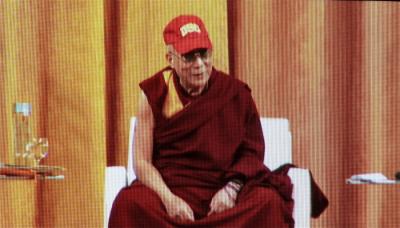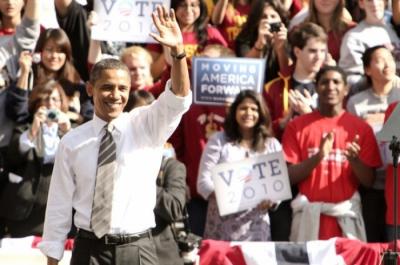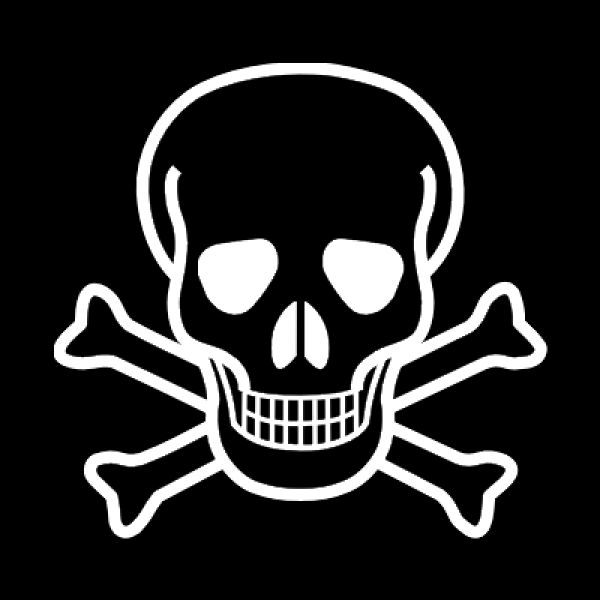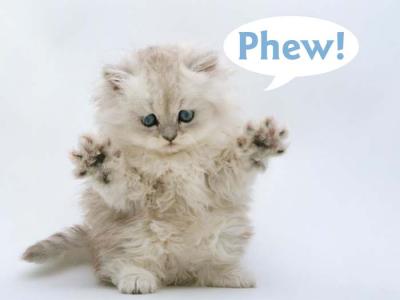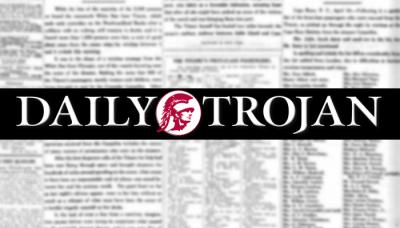-
Campus Basement Newsletter!
-
It's #Follow THURSDAY
Follow @campusbasement -
Partners
-
A Simple JIRA Mobile App that kicks ass! - 21 alcohol basketball beer boeheim campus christmas classes college Cornell dorms dps drinking drunk facebook featured finals food fraternities frats freshmen funny girls greek halloween holidays library love money movies music otto parties politics professors sex snow sororities sports students student sketches washu weather winter women
Under fire, NCAA remains committed to amateurism
Recently and always, the NCAA has come under fire for its failure to maintain the same standards when dealing with different compliance cases, especially when compared to the 2010 sanctions against USC that have increasingly become viewed as overly harsh and really lame. While USC faced severe scholarship reductions and a two-year bowl ban, the NCAA subsequently treated cases at Auburn, Ohio State, and Tennessee with more much tact (or loving mercy if you are President Nikias or Pat Haden).
Even more recently and again, the NCAA has come under fire because of the developing scandal at the University of Miami, where a top donor with close ties to the university and its coaches has revealed he provided over 72 players with gifts like prostitutes and abortions (two-for-one deal). In comparison, a single USC football player’s alleged misconduct with a university outsider looks like a much lesser offense. Some even say it looks like a much lesser offense because it is a much lesser offense. By the NCAA’s logic, the University of Miami deserves a far worse punishment than the one handed to USC.
Luckily for Miami, the NCAA does not use logic in compliance cases because every case is different even though they’re basically the same – a position that angers university officials so much, they never do anything about it. However, the NCAA has come under even more fire in this situation because the chairman of USC’s infraction case, Paul Dee, who famously said, “high-profile athletes demand high-profile compliance,” when handing down USC’s severe sanctions, was the Athletic Director at the University of Miami during its period of misconduct.
But, according to one source who has worked for the Committee on Infractions, the NCAA’s commitment to transparent hypocrisy and hilariously ludicrous and contradictory stances is its strength. The source, who refused to be named and insisted on only being identified as, “Paul Dee – former Athletic Director at the University of Miami and chairman of USC’s infraction case,” likens the NCAA to the biblical burning bush when asked why something under fire for so long never burns: “We speak like God telling everyone what to do and we are never, ever consumed by the flames.”
The source says their strategy is not a brilliant scheme or conspiracy, but simply a part of NCAA’s commitment to amateurism on and off the field. “We expect our college athletes to not be professionals. So, why should we expect ourselves to be?” The source calls deliberating on infractions, “more of a hobby” and part of his “growth as a human.” It need not require the lofty, single-minded expectations of the major leagues – the American judicial system. According to the source, if the NCAA were professional at being an Orwellian perversion of fairness and prudence, it wouldn’t be so apparent to the public how awful they really are. “That’s why we go after programs that achieve a pro-like status. They must be hiding something. I know I was…”
The NCAA’s commitment to amateurish handling of its own process proves to be working. Schools, including USC, would much rather accept the NCAA’s decisions and move on to the next time the NCAA is under fire than contest its decisions to the furthest extent. However, if “high-profile players demand high-profile compliance,” don’t high-level enforcers demand high-level accountability?
After a long pause, Dee said, “Oh, you’re asking me?”
USC Logo Rejects
USC’s academic prestige is rapidly rising and the university needed a new logo design just as boring and old-looking as the most storied institutions’ logos to reflect that prestige. At the same time, USC has adopted strict identity guidelines to ensure the various schools of USC do not create their own stupid logos that make... MORE »
Students nostalgic for controversy
A couple weeks ago, USC was making national headlines unrelated to football: a fraternity had circulated a private been forwarded an e-mail that exemplified fraternity culture at its worse. Then, a member from the same fraternity chose to live up to this mantra by having sex on the tallest building on campus. Oh, and the... MORE »
Shooting Not Worth Reporting
TODAY IN NON-NEWS: You probably don’t care, but a twenty-something male was shot near the corner of 29th Street and Hoover early Saturday morning in a drive-by shooting. Before you emote a natural response out of empathy or concern for your own safety, you should know that this person had absolutely nothing to do with... MORE »
Don’t Forget to Vote in USG Elections
It seems like just yesterday that hundreds upon hundreds of USC students were voting for their favorite fraternity and sorority members to be their next President and Vice President. Well, 2011 is here now, and I am not going to let the occasion pass me by again. It is high time that USC students begin... MORE »
Daily Trojan Leads Way in Complaint Reporting
In the age of digital and cable news, the status of print journalism is becoming increasingly irrelevant. Newspapers are going out of business and some say that our future may be devoid of the coarse material that produces 550 pounds of waste each year per paper ““ a horrible prospect that has journalists and those... MORE »


